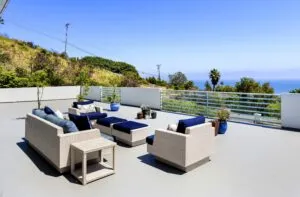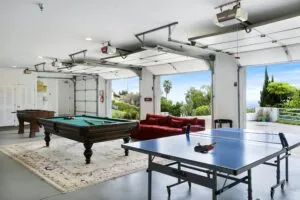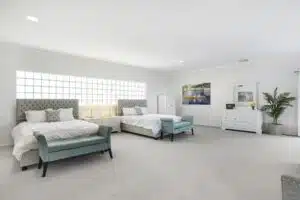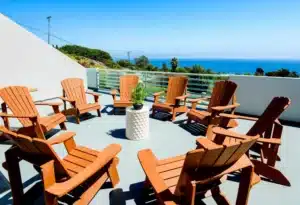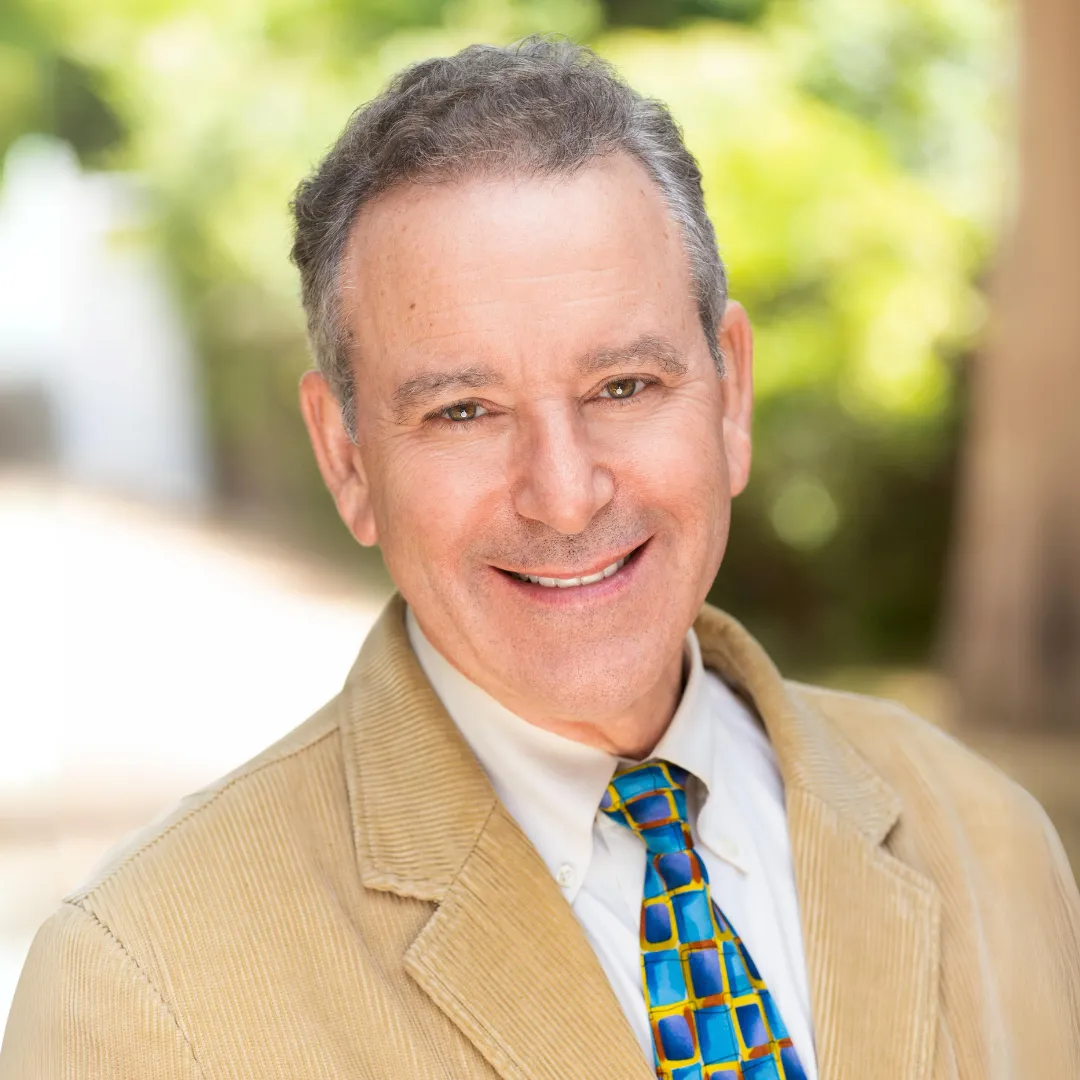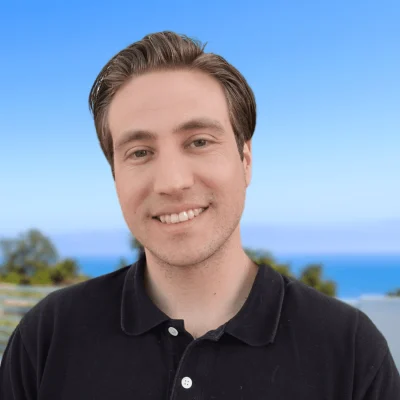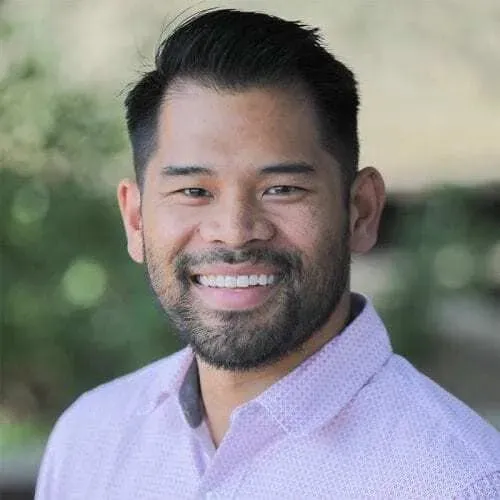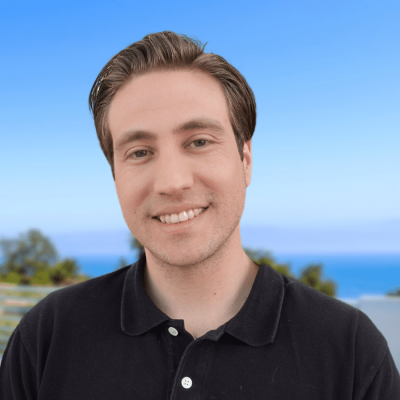Beachside Teen Treatment Center
Trusted, Accredited Teen Treatment
Oppositional Defiance Disorder (ODD) Treatment
If your teen is caught in a pattern of anger, defiance, and conflict, our structured treatment program offers the support and strategies they need to build healthier behaviors and stronger relationships.
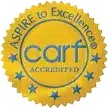

If you’re the parent of a teen who seems constantly angry, argumentative, or defiant, you’re not alone… and it’s not your fault. Parenting a teenager is never easy, but when your teen shows a consistent pattern of hostility and disobedience, it can be both heartbreaking and overwhelming. At Beachside Teen Treatment Center in Los Angeles, we understand the emotional toll that Oppositional Defiant Disorder (ODD) can take on a family. Our ODD teenager treatment programs are designed to help teens build healthier patterns of communication, emotional regulation, and respect—at home, in school, and within themselves.
We believe that with the right support, even the most defiant teenager can begin to trust, heal, and grow. Let’s talk about what ODD really is, how to spot it, and how we can help. If you have additional questions about helping your teen successfully overcome a mental health concern, our team of trusted professionals is standing by to help. Simply contact us today, and you will be connected to someone who can answer any and all questions and point you in the right direction.
Learn more about our teen treatment programs or call us now at 888-254-0916.
What is ODD?
Oppositional Defiant Disorder is a behavioral condition typically diagnosed in childhood or adolescence. Teens with ODD display a frequent and ongoing pattern of anger, irritability, arguing, defiance, or vindictiveness toward authority figures. Unlike the occasional eye-roll or moody response, ODD behaviors are persistent, intense, and often disruptive to home and school life.
The symptoms of ODD go beyond “normal teen rebellion.” These teens aren’t just pushing boundaries—they’re often experiencing deep inner turmoil they can’t express in healthy ways. And while their behavior may appear deliberately disrespectful, it’s often a response to underlying emotional pain, trauma, or developmental challenges.
Identifying ODD in a Teenager
It’s not always easy to tell where typical teenage behavior ends and something more serious begins. Every teen gets moody sometimes. But when defiance becomes a daily battle, it may be time to consider a deeper issue.
Here are some signs that may indicate Oppositional Defiant Disorder:
- Frequent temper tantrums or angry outbursts
- Persistent arguing with adults and authority figures
- Refusal to comply with rules or requests
- Deliberate attempts to annoy or upset others
- Blaming others for their own mistakes or behavior
- Spiteful, vindictive, or revenge-seeking behavior
- Chronic resentment, irritability, or hostility
These behaviors often lead to serious challenges at home, in school, and in relationships with peers. If left untreated, ODD can progress into more severe issues, including legal trouble, school expulsion, or co-occurring mental health disorders.
Tour our Teen ODD programs near Los Angeles.
Our ODD Teen Treatment Programs in Los Angeles
At Beachside Teen Treatment Center, we specialize in treating adolescents who are struggling with behavioral and emotional challenges, including ODD. Our serene, oceanfront facility in Los Angeles provides a safe, structured, and nurturing space for teens to step away from their daily stressors and begin the deep work of healing. We understand that no two teens are the same. That’s why each treatment plan is personalized, drawing from a comprehensive understanding of your teen’s developmental history, family dynamics, academic needs, mental health background, and unique strengths.
Our programs are rooted in trauma-informed care and delivered by a multidisciplinary team of licensed professionals who are experts in adolescent behavioral health. Our goal is not just to manage symptoms, but to help teens build lasting emotional resilience, healthier coping mechanisms, and stronger relationships with those around them.
Residential Treatment
Our residential treatment program offers the highest level of care for teens who need daily support in a highly structured and therapeutic environment. Teens live on-site and receive daily individual therapy, group counseling, family sessions, psychiatric care, and a variety of experiential therapies. For teens with severe ODD symptoms—such as chronic defiance, aggressive outbursts, or risk of school expulsion—residential treatment provides a stable setting where trust can be rebuilt, new skills can be practiced daily, and real change can begin to take root. This immersive program removes external distractions and allows for consistent therapeutic engagement.
Partial Hospitalization Program (PHP)
The Partial Hospitalization Program is a step down from residential care, offering intensive treatment throughout the day while allowing teens to return home in the evenings. This option is ideal for adolescents who still need a high level of clinical support but have made enough progress to safely benefit from returning to their home environment at night. Teens in PHP participate in structured therapeutic activities for six to eight hours a day, including individual therapy, DBT skills groups, academic support, family counseling, and recreational therapies. For many families, PHP is a critical bridge between full-time care and independent functioning.
Intensive Outpatient Program (IOP)
Our IOP program is designed for teens who are transitioning out of higher levels of care or whose symptoms are moderate and manageable within a part-time schedule. Teens attend structured therapy sessions several days a week—usually in the late afternoon—to accommodate school and family routines. While in IOP, teens continue to build on the emotional regulation and communication skills they’ve learned in higher levels of care, with ongoing access to therapy, psychiatric support, and social skills groups. This flexible yet structured environment helps ensure that progress continues, even as teens resume everyday responsibilities and challenges.
Therapeutic Education Program
Many teens with ODD also struggle in academic settings due to defiant behavior, poor impulse control, and negative interactions with authority figures. Our Therapeutic Education Program integrates academic instruction with therapeutic support to help teens stay on track academically while addressing the underlying emotional and behavioral challenges affecting their learning. Licensed teachers and educational specialists work closely with our clinical team to ensure each teen’s Individualized Education Plan (IEP) or 504 Plan is honored. We provide small class sizes, individualized attention, and a supportive environment where students can re-engage with learning, rebuild confidence, and develop the skills they need for long-term success in school and beyond.
Aftercare
Recovery from ODD doesn’t end when formal treatment concludes. In fact, the transition back to daily life is one of the most critical periods in a teen’s healing journey. Our aftercare planning process begins early during treatment and continues well after discharge. Each teen receives a personalized aftercare plan that may include ongoing outpatient therapy, family counseling, school support, mentorship programs, or sober/social support groups if applicable. We also provide parents with tools and strategies to manage ongoing challenges at home. Our goal is to ensure each teen has the structure, accountability, and encouragement they need to maintain progress and avoid regression once they return to their everyday environment.
ODD Statistics & Facts
Understanding how common this disorder is can help reduce stigma and give families hope:
- ODD affects 1% to 16% of children and teens, according to the American Academy of Child and Adolescent Psychiatry.
- It is more commonly diagnosed in boys before puberty, but the gender gap evens out during adolescence.
- Approximately 40% of teens with ODD also meet the criteria for another mental health disorder, such as ADHD, anxiety, or depression.
- Left untreated, ODD may develop into Conduct Disorder (CD) or other more serious behavioral conditions in adulthood.
- Early diagnosis and treatment are critical to preventing long-term consequences and helping teens learn to navigate life in healthier ways.
Co-Occurring Disorders & ODD
ODD rarely exists in isolation. Many teens who struggle with oppositional behavior are also dealing with other mental health conditions, including:
- Attention-Deficit/Hyperactivity Disorder (ADHD)
- Depression
- Generalized Anxiety Disorder (GAD)
- Substance Use Disorders
- Post-Traumatic Stress Disorder (PTSD)
- Autism Spectrum Disorder (ASD)
At Beachside Teen, our multidisciplinary team is trained to identify and treat these co-occurring conditions. Addressing the whole person—not just the symptoms of ODD—is essential for lasting change.
Causes of ODD
There is no single cause of Oppositional Defiant Disorder. Instead, it is often the result of multiple factors working together. While none of these factors automatically lead to ODD, they can significantly increase a teen’s risk. Understanding the “why” behind your child’s behavior can be an important step toward compassion and healing.
Biological Factors
- Differences in brain chemistry and structure
- Family history of mental health disorders
Environmental Factors
- Exposure to trauma, neglect, or inconsistent parenting
- Dysfunctional family dynamics
- Lack of structure or boundaries in early development
Social Factors
- Peer rejection or bullying
- School difficulties or academic failure
- Unmet emotional needs
Find Help For Your Family
At Beachside, our programming meets the highest standards for quality adolescent healthcare.
Table of Contents
What Steps To Take
If you suspect your teen may have ODD, here are some steps you can take:
- Observe & Document Behavior: Keep a journal of your teen’s defiant or disruptive behaviors. Note patterns, triggers, and frequency.
- Schedule a Comprehensive Evaluation: Meet with a licensed mental health professional who specializes in adolescent behavioral health. They can help provide a formal diagnosis and rule out other conditions.
- Consider ODD Teenager Treatment: Early intervention makes a big difference. Enrolling your child in a structured treatment program can help redirect their emotional and behavioral trajectory.
- Get Support for Yourself: Parenting a teen with ODD can be isolating and emotionally draining. Don’t hesitate to seek counseling or support groups for yourself. Your well-being matters too.
How Beachside Teen Works With ODD Teens
What sets Beachside Teen apart is our ability to see the person beneath the defiance. We don’t see a “problem child.” We see a hurting teen who needs connection, structure, and understanding. We involve families every step of the way, creating space for healing conversations, boundary-setting, and rebuilding trust.
Our compassionate staff works closely with each teen to build trust and help them develop:
- Emotional regulation skills
- Healthy outlets for anger and frustration
- Improved communication techniques
- Self-awareness and accountability
- Confidence in their ability to change
Our Clinical Model
Our ODD teenager treatment approach is rooted in evidence-based practices and delivered in a nurturing, trauma-informed environment. By combining traditional talk therapy with hands-on, creative experiences, we help teens engage in the therapeutic process in meaningful and memorable ways.
Our clinical model includes:
- Cognitive Behavioral Therapy (CBT) – Helps teens identify and reframe negative thought patterns that drive oppositional behavior
- Dialectical Behavior Therapy (DBT) – Focuses on emotional regulation, distress tolerance, and interpersonal effectiveness
- Individual Therapy – One-on-one sessions with a licensed therapist
- Group Therapy – Peer support and skill-building in a structured, facilitated setting
- Family Therapy – Strengthens relationships and teaches conflict resolution skills
- Experiential Therapies – Surf therapy, equine therapy, music therapy, art, yoga, and mindfulness
Learn More About Effective ODD Treatment for Teens
At Beachside Teen Treatment Center, we know how painful it can be to watch your teen struggle—and how hard it is to ask for help. But reaching out is the first step toward healing, both for your child and your family.
If you believe your teen may benefit from ODD teenager treatment, we’re here to provide guidance, support, and compassionate care. Our admissions team is available to answer your questions, verify insurance, and help you navigate next steps.
Let’s work together to restore peace, rebuild connection, and offer your teen a real chance to thrive.
Contact Beachside Teen Treatment Center today. Healing starts here.
Meet Our Trusted, Compassionate Care Team
When left untreated, adolescent behavioral health issues can lead to lifelong struggles with mental health and addiction. We’re here to help your child discover healthy coping mechanisms to deal with stress and mental health symptoms. Our team is a diverse group of professionals who are here to provide for your child’s needs throughout their treatment program.
Begin Adolescent Inpatient Treatment in Los Angeles Today
At Beachside Teen Treatment Center, we understand how challenging it can be to see your teen struggling with mental or behavioral health issues. Our inpatient treatment program offers a serene, supportive environment where your teenager can begin their journey to healing and recovery.
Call us now at 888-254-0916 or verify your insurance.
Together, we can help your teen build a brighter future..

